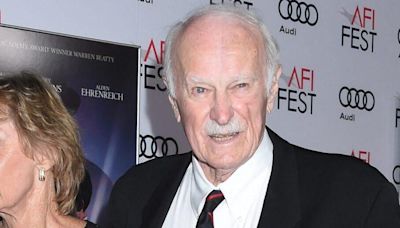Search results
Dec 9, 2020 · The top global causes of death, in order of total number of lives lost, are associated with three broad topics: cardiovascular (ischaemic heart disease, stroke), respiratory (chronic obstructive pulmonary disease, lower respiratory infections) and neonatal conditions – which include birth asphyxia and birth trauma, neonatal sepsis and ...
Oct 26, 2007 · The philosophical investigation of human death has focused on two overarching questions: (1) What is human death? and (2) How can we determine that it has occurred? The first question is ontological or conceptual. An answer to this question will consist of a definition (or conceptualization).
Medical Definition. death. noun. ˈdeth. 1. : the irreversible cessation of all vital functions especially as indicated by permanent stoppage of the heart, respiration, and brain activity : the end of life see brain death. 2. : the cause or occasion of loss of life. drinking was the death of him.
Death is a part of life, and so are the funerals and memorial services held to mark an individual’s passing. But when we’re called upon to speak at these occasions, many of us are at a loss for words. Here are some basic guidelines for writing a eulogy, from palliative specialist BJ Miller and writer Shoshana Berger. Posted Jul 2019.
Nov 1, 2021 · November 1, 2021 7 min read. Does the understanding that our final breath could come tomorrow affect the way we choose to live? And how do we make sense of a life cut short by a random accident, or a collective existence in which the loss of 5 million lives to a pandemic often seems eclipsed by other headlines?
Many dictionaries define death as “the extinction or cessation of life ” or as “ceasing to be.” As life itself is notoriously difficult to define—and as everyone tends to think of things in terms of what is known—the problems in defining death are immediately apparent.
Death: process or event. The American physician and writer Oliver Wendell Holmes said “to live is to function” and “that is all there is in living.” But who or what is the subject who lives because it functions? Is death the irreversible loss of function of the whole organism (or cell)—that is, of every one of its component parts?









